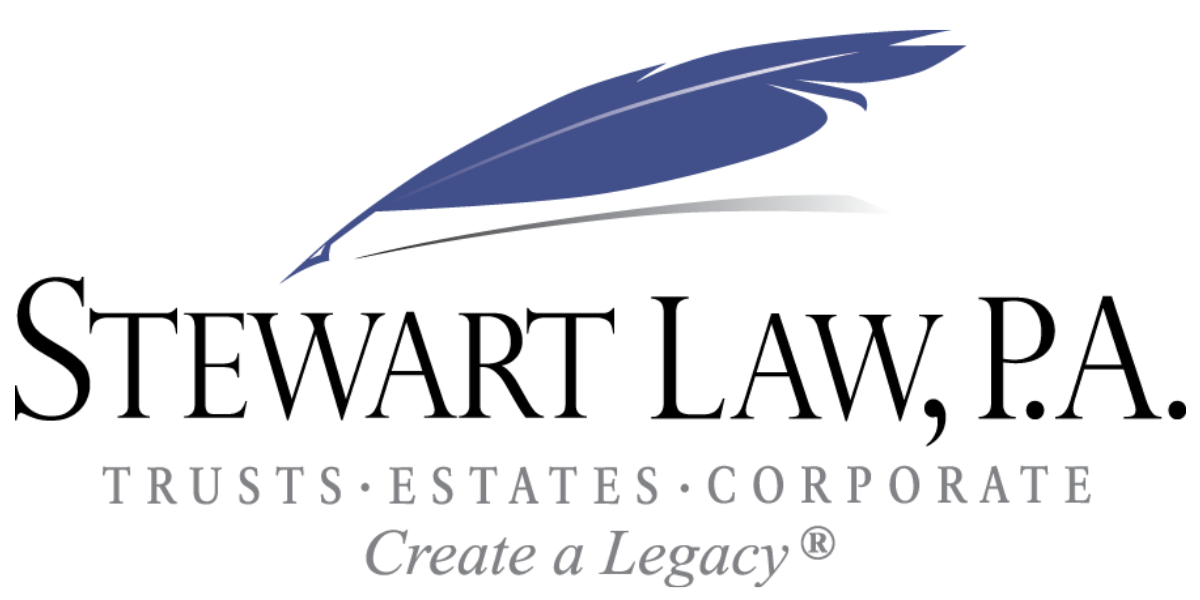6 Common Estate Planning Mistakes And How To Avoid Them

Estate planning ensures your wealth takes care of you and the ones you care about. Unfortunately, many people make common mistakes that can lead to complications and unintended consequences. Before you head off to your summer vacation, consider whether you might be making any of these mistakes:
1. Procrastination
- Problem: Delaying the creation of an estate plan can leave your assets unprotected and your wishes undocumented. Yes, this is the case even if you were meaning to get to it soon.
- Solution: Work with a team that does this every day who can walk you through a well-defined process.
2. Failing to Update the Plan
- Problem: Significant life changes, such as marriage, divorce, the birth of a child, or acquiring significant assets, can render your estate plan outdated. New laws can also leave your planning in need of attention.
- Solution: Regularly review and update your estate plan to reflect any major life events or changes in your financial situation. Some people review their plan throughout the year. On the other end of the spectrum, no one should let more than 3 to 5 years pass without a thorough review of how their current plan addresses their needs.
3. Overlooking Digital Assets
- Problem: Many people fail to include online accounts and digital assets in their estate plans, leading to confusion and legal issues.
- Solution: Create a comprehensive list of your digital assets and include instructions for their management in your estate plan. Give the appropriate persons authority to handle or dispose of your digital assets according to your wishes
4. Ignoring Tax Implications
- Problem: Estate taxes can significantly reduce the value of the assets passed on to your heirs.
- Solution: The vast majority of our clients see their net worth grow substantially over time. Understand tax implications and explore strategies to minimize the tax burden.
5. Not Communicating with Heirs
- Problem: Lack of communication with heirs can lead to disputes and misunderstandings regarding your estate plan.
- Solution: Clearly explain your plans and decisions to your family members to manage expectations and reduce potential conflicts. A general overview of your thinking, even without any discussion of values, can go a long way to promote harmony among your family members later.
6. Leaving Assets to Pass to Heirs Only with Court Supervision
- Problem: If assets are left to pass to heirs only through the court-supervised probate process, it can be time-consuming and costly.
- Solution: Consider using trusts and other estate planning tools to allow assets to pass directly to heirs without the need for probate, thus saving time and money. Importantly, these techniques add privacy regarding your assets and their disposition, as well as maximizing the value of what you leave to family and others.
Looking for the best way to avoid these mistakes? Contact our team to discuss the best way to review or create an Estate Plan that works for your family.
About the Author

Todd A. Stewart, JD
Managing Partner
